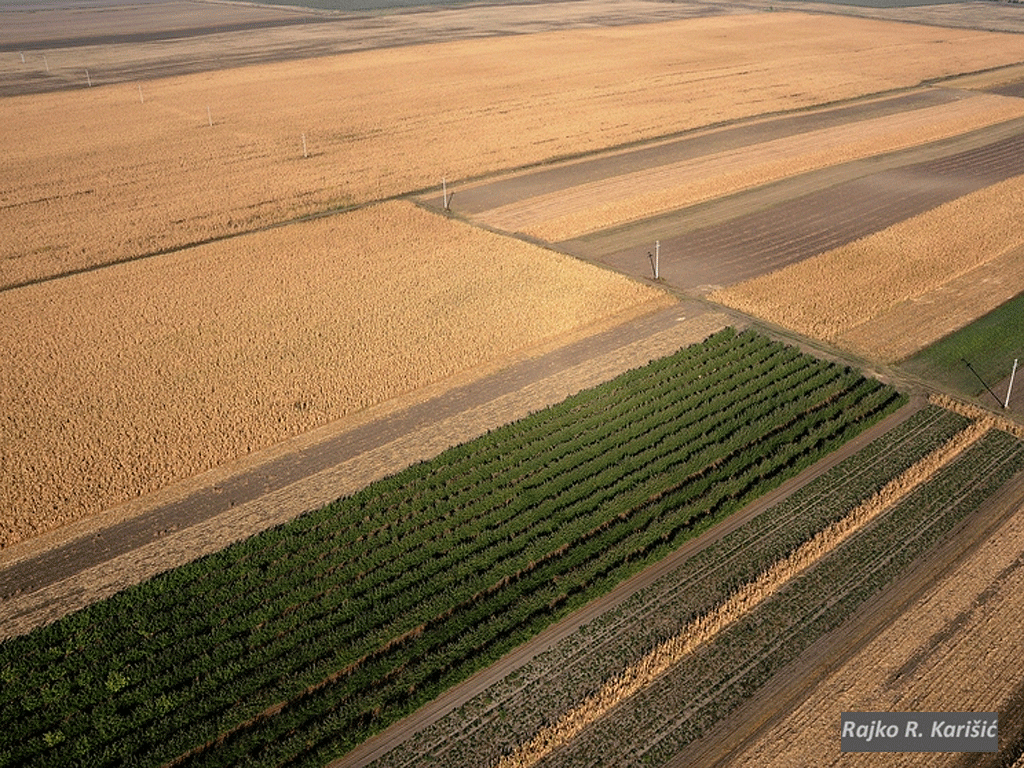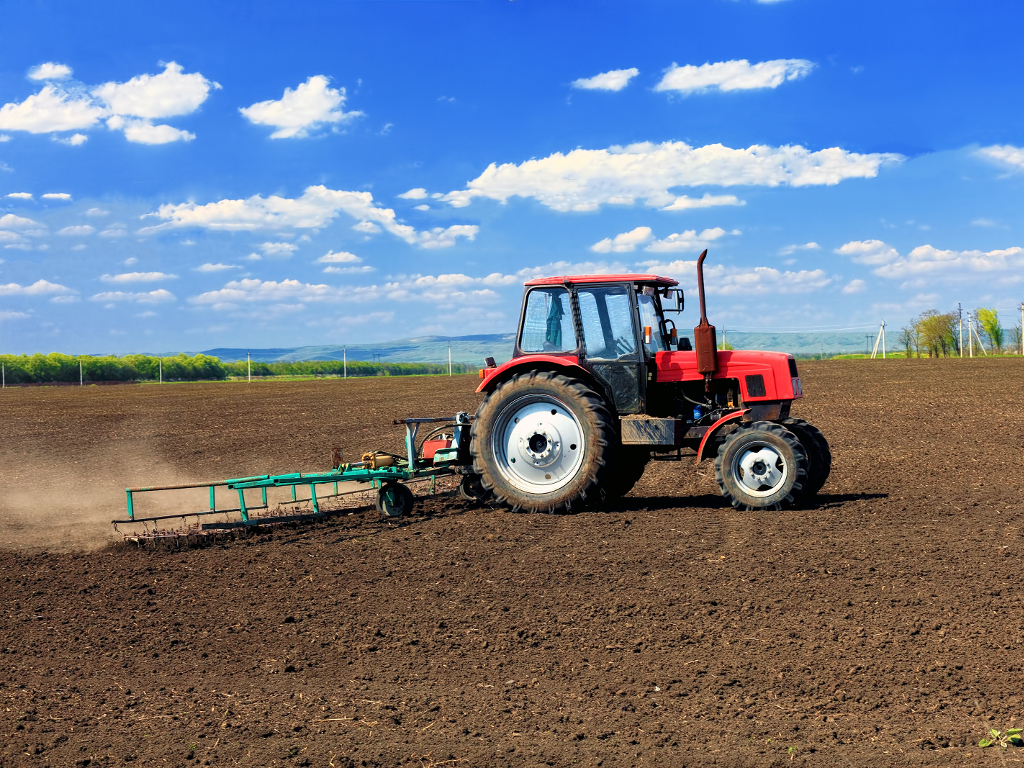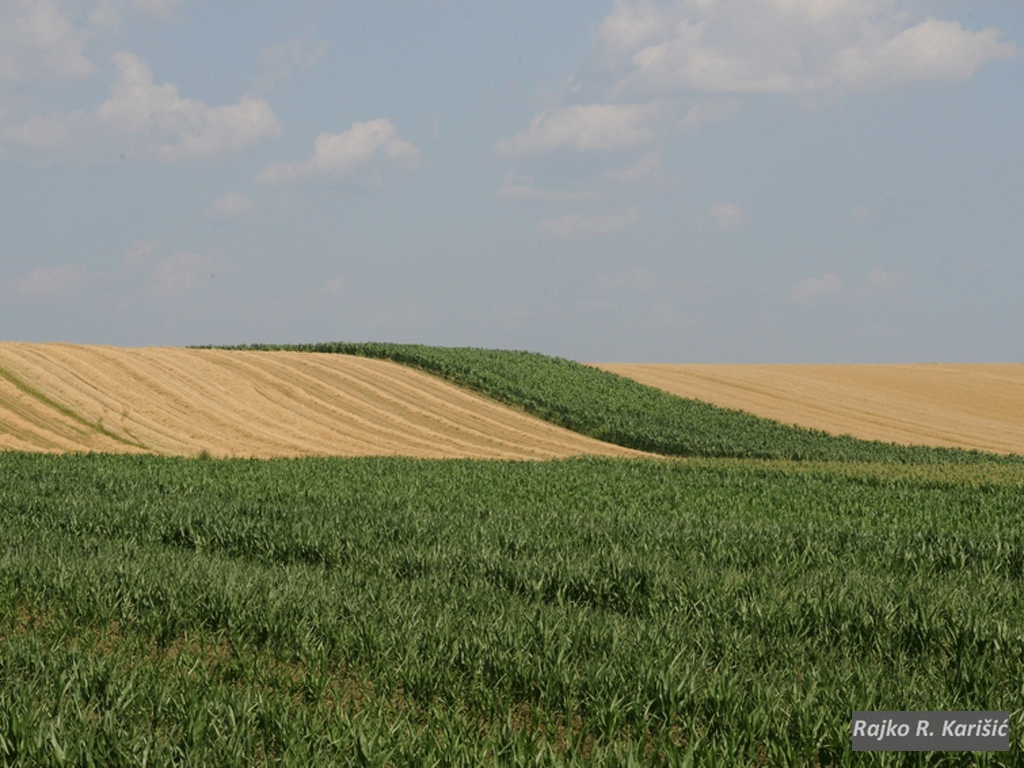Still not certain whether foreigners will be able to buy land in Serbia – State undecided, experts opposed, European experiences vary
Source: eKapija
 Sunday, 23.10.2016.
Sunday, 23.10.2016.
 11:52
11:52
 Sunday, 23.10.2016.
Sunday, 23.10.2016.
 11:52
11:52
(Photo: Rajko Karišić)

– When it comes to instilling order in the lease of state-owned agricultural land and preventing misuse, it’s absolutely possible to solve this issue and we have already made very good results, only eight months after adopting the amendments to the Law on Agricultural Land. We are on our way to solving the problem of the usurpation of land – says the Agricultural Land Directorate in their interview for eKapija.
Several months of blocking the transfer of funds from the budget of the Republic of Serbia to the municipality of Kula and numerous talks had between the ministries’ officials and representatives of the municipalities have resulted in the adoption of the Annual Protection, Development and Utilization Plan by that local self-government.
– This way, for the first time since the state land started being leased, all 145 municipalities received the approval of their annual plans in line with the law. Agricultural land as a national resource is to be used exclusively to the end of the development of the Serbian agricultural sector and, as such, remains the top priority of the Ministry of Agriculture and Environmental Protection – says the Ministry and notes that, through this, more than 130,000 hectares of state-owned land has been regulated by the law.
Nevertheless, when it comes to the current issue of selling agricultural land to foreigners, the Ministry of Agriculture answers eKapija’s question about whether the ban on sale, which expires in 2017, will be extended thus – “the authorities in charge are using good practice of the EU member states which have already faced this issue, including Hungary and Poland, in order to look into the optimal solutions and effects in the best way possible”.
The Tax Administration too couldn’t provide us with and answer to the question whether there is a way of registering foreign citizens owning land in Serbia and the question of tax payment in such cases, nor the question of who would control whether the land is really being farmed.
Protecting national treasure
(Photo: Brian Kinney/shutterstock.com)

– We didn’t inherit the land from our parents or ancestors to be able to sell it. Instead, for centuries, generations fought for every inch of it. We only “borrowed it from our heirs”. The current authority now intends to turn the German investor Tonnies into the biggest latifundist in Europe by giving him 60,000 hectares – 20 farms with 30,000 hectares each – nothing like he owns in his own country, where German farmers work for Tonnies. This is not the European Union model, which the Prime Minister is trying to present it as – Professor Sevarlic says in his interview for eKapija.
He believes that the only way to at least partially protect the national interests is to amend the Land on Agricultural Land so that it includes legal limits for new buyers, which are already present in the legislation of 28 EU member states, because – “why should Serbia protect its land and other natural resources as a national treasure any less than other, richer EU states do”?
Sevarlic also notes that Poljoprivredni Kombinat Beograd (PKB) is just one example of many of the lack of care about national treasures, as it is practically the most fertile land available, which the Serbian tradition says should not be for sale.
Foreigners welcome in Slovenia
With the agreement on the accession to the EU from 2003, Slovenia secured a transitional period of seven years when it comes to the sale of agricultural land to foreigners, which allows for the adoption of the protection clause for the internal market. The protection clause prescribes that the European Commission may decide on the general economic protection measures at the request of the member state.
– Slovenia decided not to use the protection clause in the transitional period, despite pressure by the civil society, expert arguments and increased sale of agricultural land and real estate to foreigners in border areas, above all to citizens of Italy and Austria. The Government adopted the decisions by the Ministry of Agriculture, Forestry and Food and established a Fund for Agricultural Land and Forests, so the realization of the sale of agricultural land and forests by the Fund were extended to 10 km within the border strip. Even today, 12 years since becoming a full member of the EU, agricultural land is being sold in the areas of the Austrian border, northeast Slovenia, Kras and Slovenian Istria, where the purchasers are mostly Italian citizens – says Franc Bogovic, former Slovenian minister of agriculture, current member of the European Parliament.
(Photo: Rajko Karišić)

– The problem of agricultural land getting more expensive often harms Slovenian agriculturists, as the prices, despite the primacy of purchase and other protective measures of the Law on Agricultural Land, are too high, which opens the market for other EU citizens. It’s important to note that agricultural land is burdened by land registry revenues, with rates being further raised in 2013 by the new real estate tax, which additionally burdened Slovenian farmers and agricultural land. The decision by the Constitutional Court managed to prevent the adoption of the Law on Real Estate Tax, which shows how important it is for the state to know how to utilize and implement protective mechanisms of national importance for a sustainable development of its rural areas in line with the accession agreement – Bogovic emphasizes.
Heterogeneous practice of EU member states
Our interview says that the EU member states have very different experiences with the sale of agricultural land to foreigners, but that they are all similar in the sense of protection of national interests and the vision of a sustainable development of an economic activity as important as agriculture.
– The act on the accession of the Czech Republic, Estonia, Latvia, Lithuania, Hungary, Poland and Slovakia from 2003 envisioned a transitional period of 12 years for the purchase of agricultural land, and the time period was defined in order to limit the negative impact on the development of agriculture as a result of prolonged limit on foreign investments in the sector. Still, there’s the example of Hungary, which implemented a ban on the purchase of agricultural land, which was protected as a national treasure, by foreigners in its constitution in 2012. Also, the accession agreement signed in 2005 with Bulgaria and Romania envisions a transitional period of seven years, but, in these countries, the purchase of agricultural land is not fully banned – Franc Bogovic explains and adds that, in 2013, the members of the Bulgarian parliament confirmed the measure banning the purchase of agricultural land in Bulgaria by foreigners until 2020.
This decision was adopted despite the fact that it is not in line with Bulgaria’s accession agreement from 2007, which states that foreigners are allowed to buy agricultural land in Bulgaria starting with January 1, 2014.
Marko Andrejic
Companies:
 Ministarstvo poljoprivrede, šumarstva i vodoprivrede Republike Srbije
Ministarstvo poljoprivrede, šumarstva i vodoprivrede Republike Srbije
 Poreska uprava Srbije
Poreska uprava Srbije
 PKB Korporacija a.d. Beograd
PKB Korporacija a.d. Beograd
 Poljoprivredni fakultet Beograd
Poljoprivredni fakultet Beograd
 Toennies Invest d.o.o. Beograd
Toennies Invest d.o.o. Beograd
 EUROPEAN COMMISSION Bruxelles
EUROPEAN COMMISSION Bruxelles
 Evropski parlament Brisel
Evropski parlament Brisel
Tags:
agricultural land
Law on Agricultural Land
lease of state owned agricultural land
sale of agricultural land to foreigners
agricultural land trade
Miladin Sevarlic
Tonnies
EU accession agreement
Ministry of Agriculture Forestry and Food of Slovenia
Fund for Agricultural Land and Forests of Slovenia
Franc Bogovic
European Parliament
price of agricultural land
rural development
Comments
Your comment
Most Important News
Full information is available only to commercial users-subscribers and it is necessary to log in.
Follow the news, tenders, grants, legal regulations and reports on our portal.
Registracija na eKapiji vam omogućava pristup potpunim informacijama i dnevnom biltenu
Naš dnevni ekonomski bilten će stizati na vašu mejl adresu krajem svakog radnog dana. Bilteni su personalizovani prema interesovanjima svakog korisnika zasebno,
uz konsultacije sa našim ekspertima.


 Izdanje Srbija
Izdanje Srbija Serbische Ausgabe
Serbische Ausgabe Izdanje BiH
Izdanje BiH Izdanje Crna Gora
Izdanje Crna Gora


 News
News






